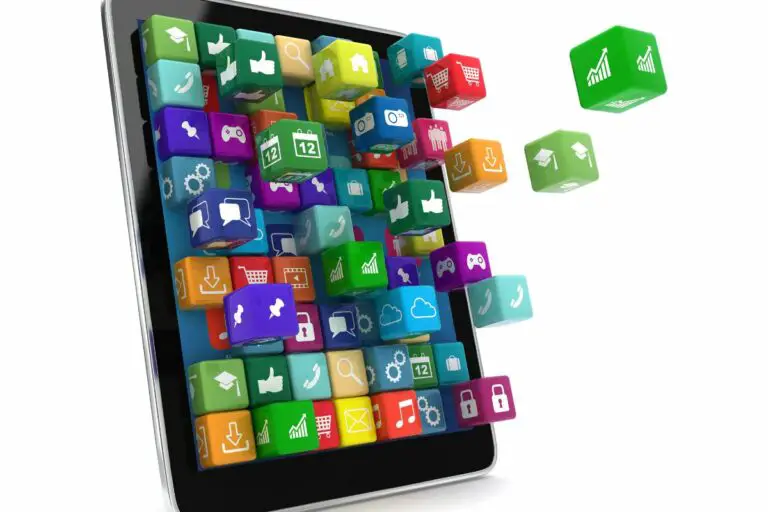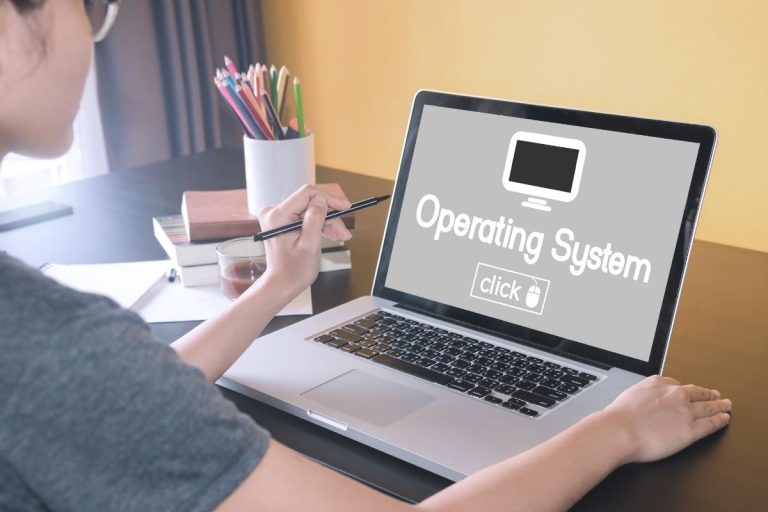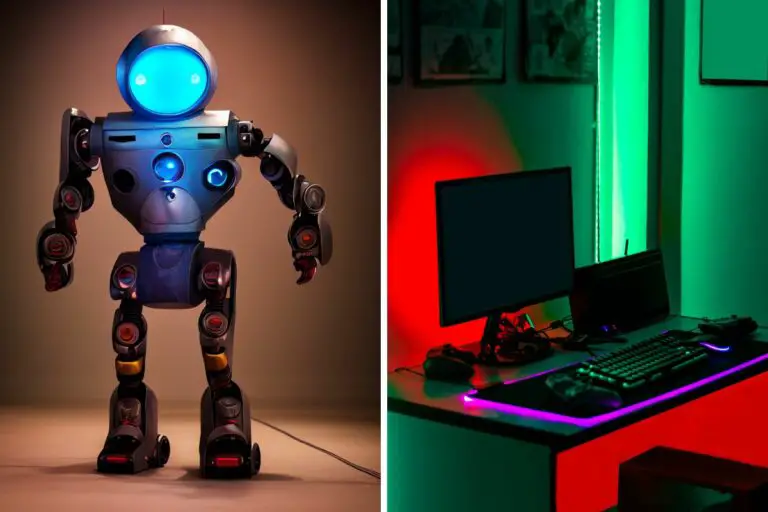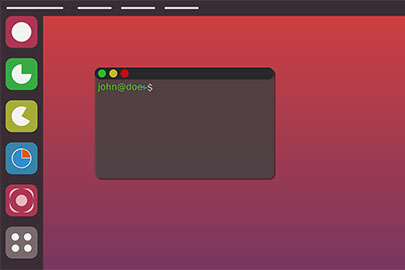Computer vs Server: What’s The Difference?
I’m sure you already heard or used the word “server” previously. But do you really knows what it means? How does it work? And especially the difference between a traditional computer? That the questions I will answer in this article.
A computer is a personal device that is used for tasks like surfing the internet, creating documents, and playing games. A server is a more powerful computer that is used to store and share data, like websites or files.
That’s a short answer, but there is more to know about this. Keep reading to understand all the details, and check the comparison table at the end to remember the main differences between a computer and a server.
A computer
Definition
A computer is a personal device designed for regular use at a single location on or near a desk or table due to its size and power requirements. The most common configuration has a case that houses the power supply, motherboard, disk storage; a keyboard and mouse for input; and a computer monitor, speakers, and, often, a printer for output.
Wikipedia
History
The first computer was the Hewlett Packard 9100A, presented in 1968. From that point forward, there were a large number of computers developed and delivered all over the world.
Early computers, similar to the first IBM Personal Computer, were encased in a “desktop case”, horizontally situated to have the display screen set on top to save space on the user’s desk area, although these cases were solid enough to support the heaviness of CRT displays that were very wide at that point. Throughout the 1990s, desktop cases turned out to be less common than the more-open tower cases that might be situated on the floor under or close to a desk instead of on a desk – occupying more space.
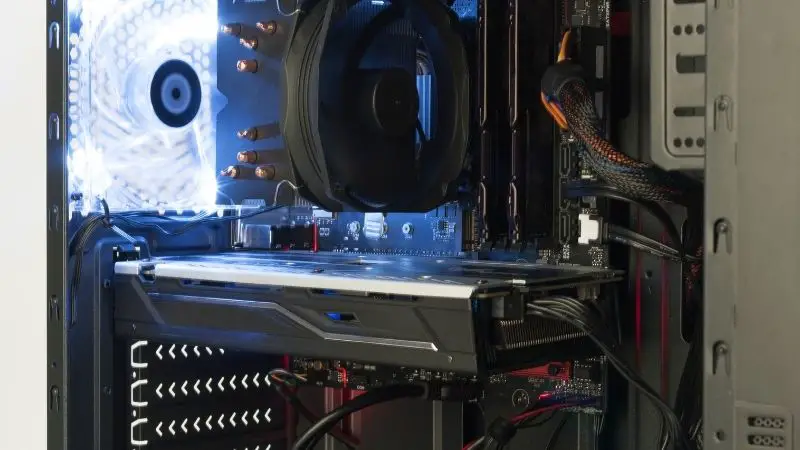
Among computer factors, desktop computers continue to be a primary step in the enterprise market yet have lost popularity among home purchasers. Computer makers and device retailers have responded by investing their designing and marketing resources towards laptops instead of desktop computers now.
Characteristics
Computers can be characterized into the following:
- Speed: A computer works with a lot higher speed compared with people while performing calculations.
- Accuracy: Computers perform estimations with 100% accuracy. Errors may happen because of data irregularity or incorrectness.
- Perseverance: A computer can perform a huge number of tasks or calculations with a similar consistency and accuracy.
- Flexibility: Flexibility refers to the ability of a computer to perform various types of tasks with the same precision and efficiency.
- Automation: The computer performs every one of the tasks naturally for example it performs tasks without manual efforts.
- Memory: A computer has built-in memory where it stores information. It also has secondary memory like CDs, pen drives, and so on, which are additionally used to store information.
You should also read: 4 Essential Differences Between a Computer and a PC
A server
Definition
A computer in a network that is used to provide services (such as access to files or shared peripherals or the routing of email) to other computers in the network.
Merriam-webster
A server is a computer that provides data to other computers. It may provide data to computers connected to it, or to computers that connect to it over a network.
What are the different types of servers?
There are many types of servers, but the three most common are file servers, application servers, and database servers.
- File servers store and share files over a network.
- Application servers host applications that can be accessed by users over a network.
- Database servers store and manage data in a database.
What are the common server features?
Some common server features include the ability to host websites, store files, and run applications.
When you visit this website, your computer is connected to the server hosting the website. Your computer is also connected to a DNS server to translate “alldifferences.com” to the IP address of my server, and many other servers along the way (a bit lost? Read this : IP address vs URL).
Benefits of using a server
A server is a computer that provides data to other computers. Servers can provide all sorts of data, but most commonly they provide web pages or files.
There are many benefits to using a server. One benefit is that servers can handle a lot of traffic. This is important if you have a website that gets a lot of visitors. Servers can also handle requests from many different computers at the same time.
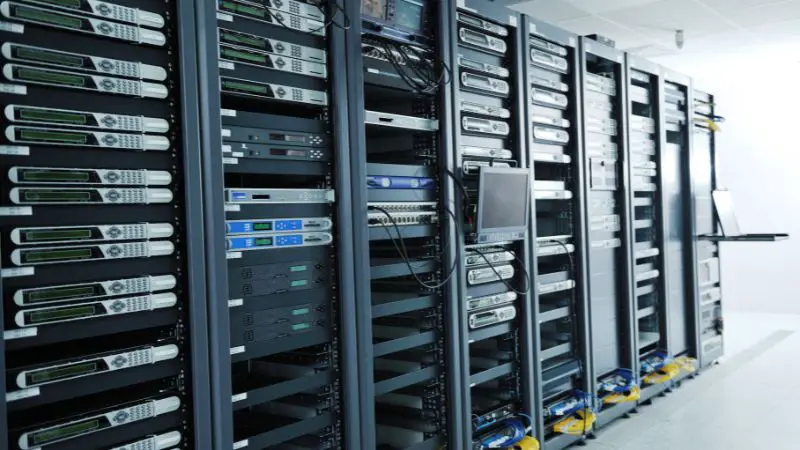
Another benefit of using a server is that you can keep your data safe. Servers typically have better security than individual computers. This is important if you are storing sensitive information. Finally, servers can be located anywhere in the world. This allows you to reach a global audience.
History
The history of servers in computer science began with the need for companies and organizations to share information and resources internally. This led to the development of networked computers and the first server platforms. These early servers were typically large, expensive and difficult to manage.
Over time, server technology has evolved to become more powerful, more reliable and more affordable. Today, servers are an essential part of most businesses and organizations, and are used for a wide variety of tasks including file sharing, email, web hosting and much more.
Main differences between a computer and a server
| Computer | Server | |
|---|---|---|
| Usage | Generally used by one person, a personal computer. | Provides services and data to many users and other computers. |
| Performances | Limited, as there is only one user. | Depends on the services, can be quite impressive with more storage, memory or bandwidth when needed. |
| Applications | Office work, web browsing, gaming. | Special software that can be used by other computers (file server, database, and other specific applications). |
| Main user | Anyone (individual in general) | IT professionals |
| Location | Anywhere (home or office in general) | Datacenters or server rooms |

